Prof. Anke Steppuhn
Institute of Biology, Dept. of Molecular Biology (190a)
University of Hohenheim, Garbenstr. 30, D - 70599 Stuttgart, Germany
Office: Bio II, 0232/155
E-Mail: anke.steppuhnგuni-hohenheim‸de
Tel: +49 711 459 22194
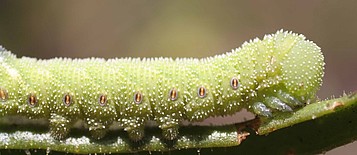
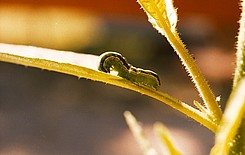
Our research focuses on the chemical and molecular ecology of plant-insect interactions and how these are influenced in more complex ecological interactions. We are investigating these interactions on different levels ranging from the organismic scale (performance and responses of herbivores and their predators, plant fitness) to physiological and molecular parameters of plants and insects (plant metabolites including primary and secondary metabolism, phytohormones, gene transcription, enzymatic activities in plants and insect immune parameters).
The elucidation of the functionalities, the physiological mechanisms and the genetic foundations of these interactions is not only enormously important for our understanding of nature but also holds the key to develop strategies for a greater sustainability in how we deal with nature, especially with regard to agriculture.
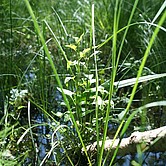
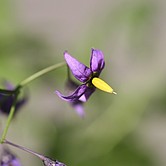
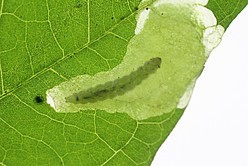
Plants are the producers of all organic matter and as such they are at the bottom of the food chains in nearly all ecosystems. Therefore, they evolved a multitude of strategies to resist or avoid this vast predation pressure evoked by diverse herbivorous or pathogenic organisms. In interactions with such organisms, plants exhibit an enormous phenotypic plasticity, which is manifested for example in diverse defence responses that are activated upon an attack. Such plant responses require complex mechanisms of regulation allowing plants to adapt to various stress-full circumstances that plants frequently experience in their habitats.
We investigate environmental signals and signalling pathways that plants use to adjust their physiology to different biotic interactions, the cost-benefit trade-offs of different plant defence strategies (there effects on plant fitness parameter), the influence of other environmental factors on plant defence against herbivores, how different defence mechanisms interact and the ecology of multitrophic interactions.
